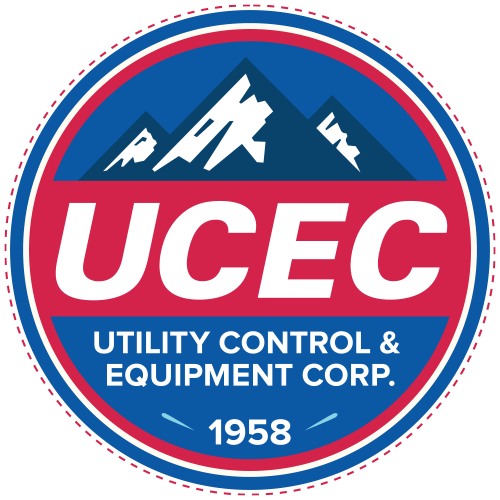Harnessing Efficiency: Real-Life Examples of Energy-Efficient Industrial Control Panels - Part 6
In the dynamic landscape of industrial operations, the quest for energy efficiency has emerged as a cornerstone of sustainable business practices. As industries seek innovative solutions to minimize energy consumption and reduce environmental impact, the integration of energy-efficient control panels has become increasingly prevalent. In this article, we explore real-life examples of energy-efficient industrial control panels and their transformative impact across diverse applications and industries.
Variable Frequency Drive (VFD) Control Panels
Variable Frequency Drive (VFD) control panels represent a paradigm shift in motor control technology, offering precise control over motor speed and energy consumption. By adjusting the frequency and voltage supplied to electric motors, VFDs can match motor speed to the required load, resulting in significant energy savings. Integrated within energy-efficient control panels, VFDs enable real-time monitoring and regulation of motor speed, ensuring optimal energy usage across applications such as HVAC systems, pumps, and conveyors. The result is enhanced efficiency and reduced operational costs while maintaining optimal performance levels.
Lighting Control Panels with Occupancy Sensors
Lighting control panels equipped with occupancy sensors exemplify the fusion of technology and sustainability in commercial and industrial settings. These panels automatically detect occupancy within a space and adjust lighting levels accordingly, dimming or turning off lights in unoccupied areas to conserve energy. Advanced systems may incorporate daylight harvesting features, leveraging natural light to further optimize energy usage. By seamlessly integrating occupancy sensors into lighting control panels, industries can achieve substantial energy savings without compromising safety or convenience, illustrating the potential for sustainable practices in everyday operations.
Smart Building Management Systems (BMS)
Smart Building Management Systems (BMS) herald a new era of efficiency and optimization in building operations. These sophisticated control panels integrate a myriad of energy-efficient technologies to optimize overall building performance. With features such as real-time energy monitoring, predictive analytics, and automated controls for HVAC and lighting systems, smart BMS control panels empower industries to proactively manage energy consumption and reduce operating costs. By analyzing data and adjusting system parameters in response to occupancy patterns, weather conditions, and energy tariffs, smart BMS control panels unlock opportunities for significant energy savings and promote sustainability across buildings of all sizes.
Conclusion
In conclusion, the examples highlighted above underscore the transformative potential of energy-efficient control panel designs across various industries and applications. By leveraging technologies such as VFDs, occupancy sensors, and smart BMS systems, industries can minimize energy consumption, optimize performance, and embrace sustainability as a guiding principle in their operations. As the pursuit of energy efficiency continues to evolve, energy-efficient control panels remain pivotal in shaping a more sustainable future for industrial and commercial enterprises alike.
UL 508A, 698A, & NNNY Certified. Connect with Us Today
Pioneering the Past, Engineering the Future: Craftsmanship Unleashed!

